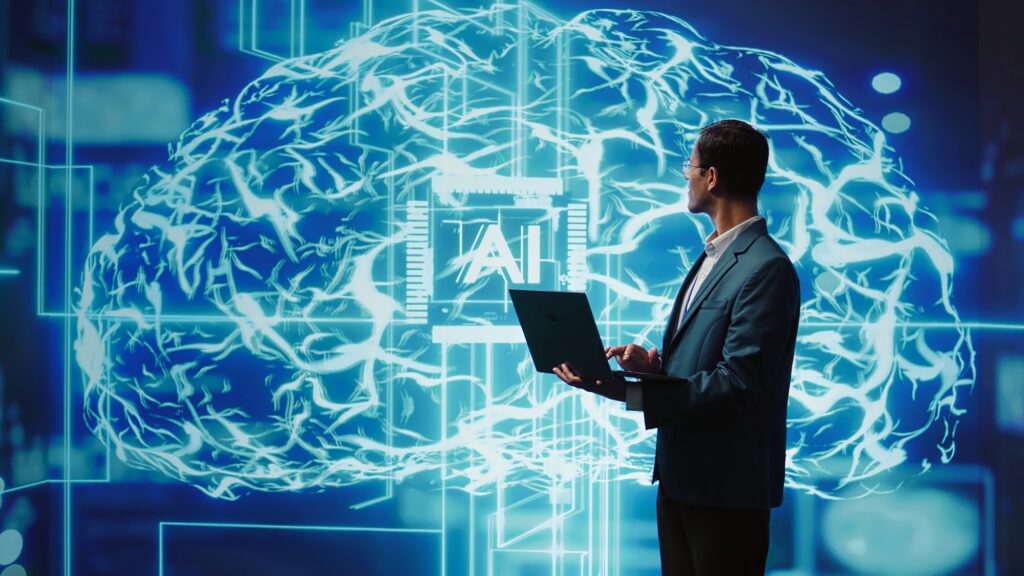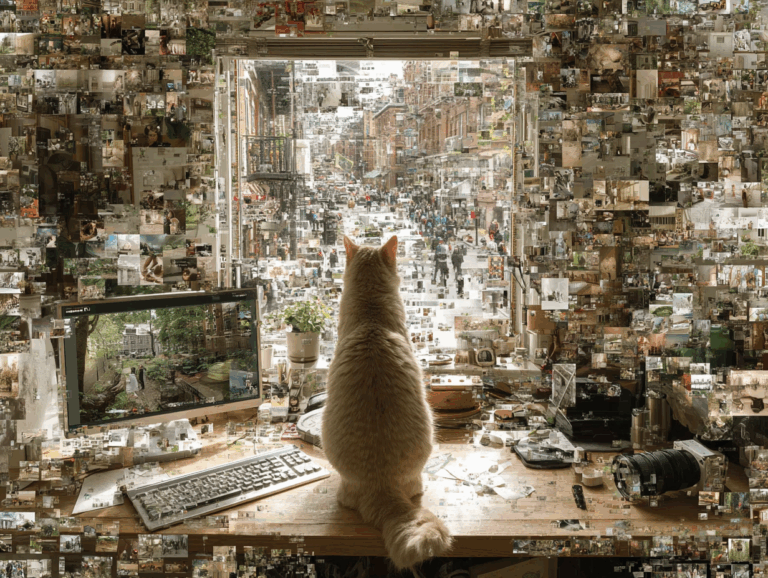The Emergence of AI Festivals
Artificial Intelligence (AI) has transcended its origins in computer science labs to become a pervasive force in modern society. As AI technologies continue to evolve, they are increasingly celebrated through dedicated festivals around the world. These events serve as a confluence of technology, culture, and community, offering a platform for enthusiasts, experts, and the general public to explore the multifaceted impact of AI. The rise of AI festivals marks a significant cultural shift, reflecting the growing importance of AI in our daily lives and its potential to shape the future.
AI festivals are not just about showcasing technological advancements; they are about fostering a deeper understanding of AI’s role in society. These events provide a space for dialogue, education, and collaboration, bringing together diverse groups of people who share a common interest in AI. From tech-savvy developers to curious laypersons, AI festivals attract a wide audience, highlighting the universal relevance of AI.
The emergence of AI festivals also underscores the need for public engagement with AI technologies. As AI becomes more integrated into various aspects of life, from healthcare to entertainment, it is crucial for people to understand its implications. AI festivals offer an accessible way for individuals to learn about AI, demystify complex concepts, and engage with the ethical and societal questions that arise from its use.
A Brief History of AI and Its Cultural Impact
The journey of AI began in the mid-20th century with pioneers like Alan Turing and John McCarthy, who laid the groundwork for what would become a transformative field. Initially confined to academic and research settings, AI has since permeated various industries, from finance to healthcare, and has even made its way into popular culture. Movies like “The Matrix” and “Ex Machina” have brought AI into the public consciousness, sparking both fascination and apprehension.
The cultural impact of AI extends beyond entertainment. In recent years, AI has been instrumental in addressing complex societal challenges, such as climate change and disease prediction. Its applications in art and music have also opened new avenues for creative expression, challenging traditional notions of authorship and creativity. AI-generated artworks and compositions are now featured in galleries and concerts, blurring the lines between human and machine creativity.
As AI continues to evolve, its cultural significance grows. The technology is not just a tool but a lens through which we can examine fundamental questions about humanity, ethics, and the future. AI festivals serve as a microcosm of this broader cultural impact, offering a space where these questions can be explored in depth.
The First AI Festivals: Pioneering Events
The concept of AI festivals is relatively new, but the first events set the stage for what would become a global phenomenon. One of the earliest and most influential was the AI Festival held in London in 2017. Organized by a coalition of tech companies, academic institutions, and cultural organizations, the event featured a mix of keynote speeches, panel discussions, and interactive exhibits. It attracted thousands of attendees and garnered significant media attention, highlighting the public’s growing interest in AI.
Another pioneering event was the World AI Conference in Shanghai, which debuted in 2018. This festival brought together leading experts from around the world to discuss the latest advancements in AI technology. It also featured a “Future of AI” exhibition, showcasing cutting-edge innovations and offering attendees a glimpse into the potential future of AI. The success of these early festivals demonstrated the widespread appeal of AI and set the stage for future events.
These pioneering festivals were instrumental in shaping the format and focus of subsequent AI festivals. They highlighted the importance of a multidisciplinary approach, combining technical discussions with cultural and ethical considerations. They also emphasized the need for public engagement, offering interactive exhibits and hands-on workshops to make AI accessible to a broader audience.
Here are some top AI film festivals you should check out:
- AI International Film Festival: https://aifilmfest.org/
- Runway AI Film Festival: https://aiff.runwayml.com/
- Reply AI Film Festival: https://www.reply.com/en/artificial-intelligence/reply-ai-film-festival
- The AI and Data Science in Film Festival: https://en.wikipedia.org/wiki/CogX_Festival
Global Expansion: AI Festivals Around the World
Following the success of the initial AI festivals, the concept quickly gained traction globally. Today, AI festivals are held in major cities around the world, from New York to Tokyo, each offering a unique perspective on AI. For instance, the AI for Good Global Summit in Geneva focuses on leveraging AI to achieve the United Nations’ Sustainable Development Goals, highlighting the technology’s potential for social impact.
In Europe, the AI Festival in Berlin has become a major event, attracting tech enthusiasts, policymakers, and artists. The festival features a diverse range of activities, from technical workshops to art installations, reflecting Berlin’s vibrant tech and cultural scene. Similarly, the AI Expo Africa in Cape Town emphasizes the role of AI in driving economic growth and innovation in the African continent.
Asia has also embraced the trend, with events like the AI Expo Korea and the AI World Conference in Beijing drawing large crowds. These festivals often highlight regional advancements in AI technology and provide a platform for local startups to showcase their innovations. The global expansion of AI festivals underscores the universal relevance of AI and its potential to address diverse challenges across different contexts.
Read more on our Video Production Blog





